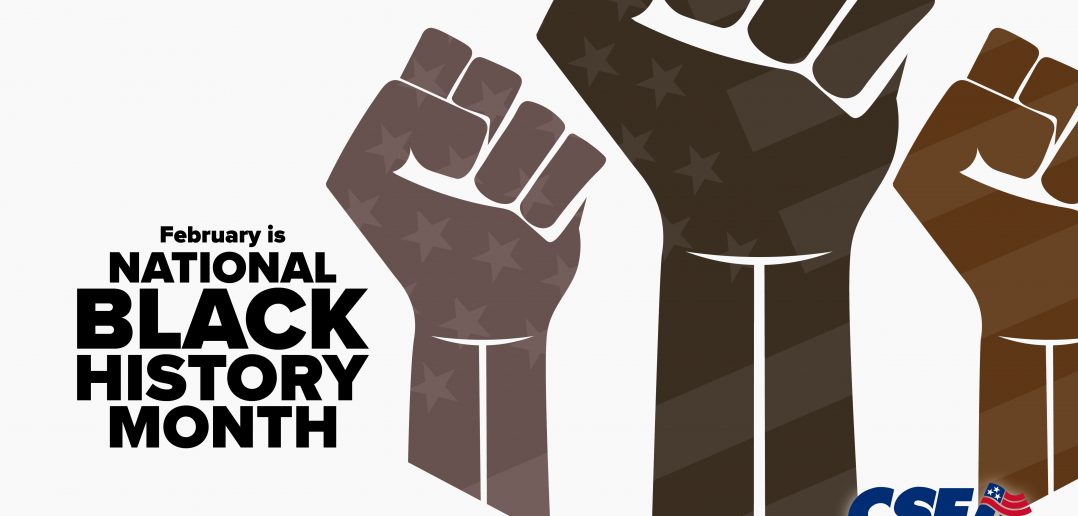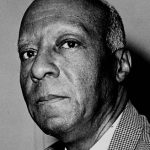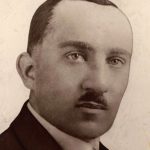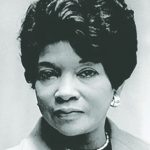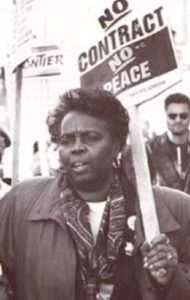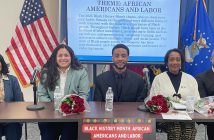This year, Black History Month will have a special focus on the contributions of Black workers to our country, including that of organized labor.
Black workers have played a key role throughout U.S. labor history through forming unions, as well as helping secure improved pay, benefits and working conditions even as the fight for equality and racial justice continues.
Here are just a few of the numerous examples of how Black workers have made positive contributions to the labor movement.
In 1838, Black workers in Baltimore, Md. formed the Caulkers Association, one of the first Black trade unions in the U.S. The group collectively bargained with shipyard owners, leading to much higher pay than non-union caulk workers.
In 1866, Issac Myers founded The Colored Caulkers Trade Union Society to fight discrimination against Black employment in the ship caulking industry. The group bought stocks that led to a purchase of a shipyard and railway that employed hundreds of workers. The group was also awarded several government contracts.
Myers also helped form in 1869 the Colored National Labor Union (CNLU), a confederation of independent Black local and state unions and one of the first national Black labor organizations.
This year marks the 100th anniversary of the founding of the Brotherhood of Sleeping Car Porters, the first union of predominantly Black members to receive a charter in the American Federation of Labor. Among the union’s co-founders were trade unionist and labor organizer A. Philip Randolph and labor activist C.L. Dellums. At its height, the union had about 18,000 members in North America.
In 2022, Chris Smalls was key to leading the way to Amazon workers forming a historic union at the Staten Island warehouse at which he worked.
Women play key role
Black women have also played a significant role in the labor movement. Dora Lee Jones helped establish the Domestic Workers’ Union in Harlem in 1934, believed to be a steppingstone in ending the exploitation of Black domestic workers.
Dorothy Lee Bolden founded the National Domestic Workers Union of America, which helped improve wages and working conditions for domestic workers, particularly in her home community of Atlanta. Bolden urged workers to vote to gain political clout, leading these efforts during an era when many Black people were being denied their right to vote.
Also breaking ground in the labor movement was Addie Wyatt, who was the first Black woman to be elected to a senior office in the United Packinghouse Workers of America. In addition to her union leadership, she fought tirelessly for civil rights. She was also a co-founder of the Coalition of Black Trade Unionists (CBTU) and the Coalition of Labor Union Women (CLUW), both of which are AFL-CIO constituency groups today.
Another trailblazer in both Black and women’s labor history is Hattie Canty, considered one of the greatest strike leaders in history. Through the Culinary Workers Union, a union in which she eventually served as president, Canty led Las Vegas hotel workers in a series of successful strikes.
Standing up for civil rights
The labor movement has long stood as an ally to the civil rights movement, often working together toward justice.
On Feb. 1, 1968, Memphis, Tenn. sanitation workers Echol Cole and Robert Walker were killed while working. They had taken shelter from a storm in the back of the truck when the truck’s compactor malfunctioned and crushed them to death.
They had previously warned their employer that their equipment was potentially hazardous. Along with other Black employees, Cole and Walker were also denied access to break rooms and to showers at the depot at which trucks were kept.
More than 1,300 Memphis sanitation workers, who were organizing a union with AFSCME, walked off the job after their deaths, demanding workplace safety and justice.
AFSCME Secretary-Treasurer Emeritus William “Bill” Lucy soon traveled to Memphis to fight alongside the striking city sanitation workers as part of his job in our international union’s Department of Legislation and Community Affairs.
Lucy coined the iconic phrase “I Am A Man,” which became the workers’ united voice through the months-long strike.
He worked closely with the Rev. Martin Luther King Jr. in supporting the striking workers. King delivered his iconic “I’ve Been to the Mountaintop” address to the workers the evening before King was assassinated on April 4, 1968.
After King’s assassination, Lucy continued supporting the strike in Memphis, helping motivate the workers to continue with the strike that ultimately led to the successful agreement of the city to recognize the union and make improvements.
More than 50 years later, CSEA and other labor unions are continuing to fight to achieve King’s dream, focusing on inclusion in our workplaces and our union. With inclusion, our voices grow stronger, as does our union.
— Wendi Bowie

